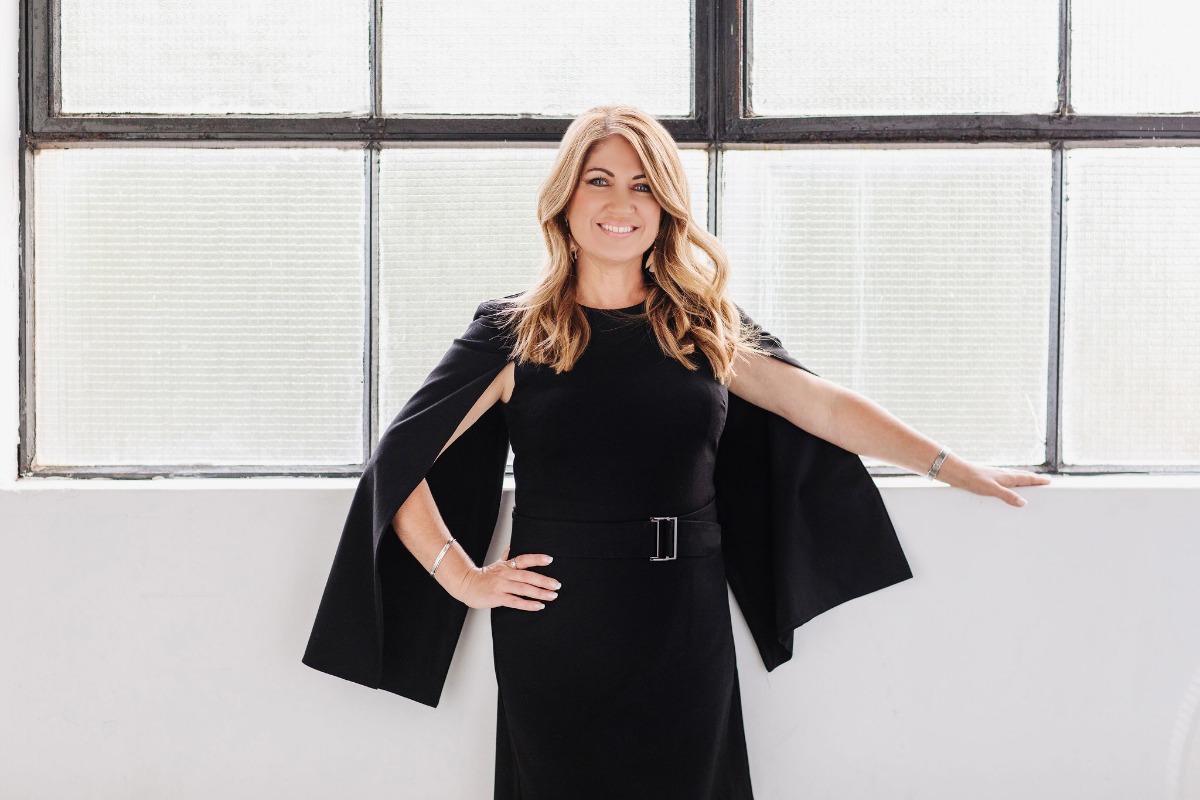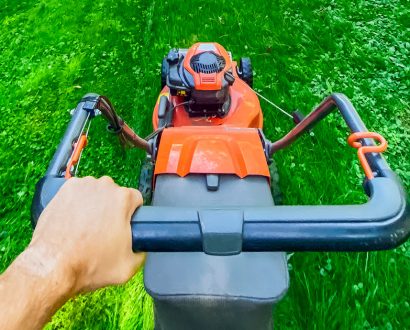Positive psychology research shows that 40 per cent of our happiness is determined by how we think and act.
“It is possible to achieve an increase in happiness. This has a flow on effect that can help us deal with challenges and uncertainty – a key reason we need to adopt a ‘gift mindset’,” says communication and leadership expert Renée Giarrusso, author of Gift Mindset.
“Certainty is an innate core human need and never before has there been so much uncertainty in the world, in the workplace and for our future. With hybrid working environments and remote working arrangements the norm, this has shifted the way we need to lead, connect and collaborate as a leader.”
What is a gift mindset?
“The foundation of this mindset is to embrace, not resist, the challenging and positive experiences we encounter,” says Renée, who works with business leaders, teams and organisations to energise mindsets and accelerate leadership and communication to lift performance and create collaborative and connected cultures.
“Everything we go through offers a gift, if we are willing to unwrap it and use the lessons to progress ourselves and others forward. Too often, in a leadership position, we get caught up in the ‘doing’ and the ‘being’ becomes lost with a diluted focus on people and instead – a focus on process and progress.
“Our biggest lessons come through embracing our challenges and successes. In times of uncertainty this can be stifled as we are juggling so many balls such as strategy, structure, innovation, systems, skills, people and achieving results and growth. At times we can glide through uncertainty without acknowledging and sharing the gifts of how we achieved this.”
The drivers of a gift mindset
- Challenging situations or people;
- Positive situations or people.
“When leaders adopt a gift Mindset, they can approach situations in their lives with deeper self-awareness, viewing whatever they are faced with, good or bad, as an opportunity to progress,” Renée says.
“Seeing the gift in any situation changes our thoughts, feelings and therefore the way we approach our tests and triumphs as a leader. We can use these lessons to learn and embrace uncertainty as an opportunity to build resilience and grow and strengthen our leadership.
“Gifts come in many forms. Sometimes they are hidden or buried in the past. The 2020 pandemic is an example of a situation presenting gifts that both challenge and provide opportunities to look at uncertainty in a different way.
“Our gifts or lessons fall into 12 key areas or soft skills that, once shared, we can deepen and develop. The 12 gifts include resilience, growth, change, forgiveness, courage, re-energising, empathy, connection, contribution, gratitude, curiosity and optimism.
“By being aware of and accepting the lessons then actioning these by sharing, as leader you cannot help but encourage others to do the same. Sharing the lessons we learn through our experiences not only empowers us and can help create future leaders, it can be someone else’s survival guide and can create a culture of sharing and openness.”
Why does a gift mindset matter?
“We all deal with uncertainty in different ways. Some leaders bury their head in the sand, some look at uncertainty as an opportunity for change and some take it in their stride as one of the constants in life,” Renée says.
“As a leader, if we choose not to learn from and share our lessons, we risk robbing the world of our insights or worse, contributing mindlessly to a world already heavy with distraction and clutter. Never before have we lived in such a connected world, but at the same time been so disconnected.
“Adopting a gift mindset and sharing your lessons can get you out of your own head and reinforces the gifts you have to share. It gives you the ability to grow others through your lessons. Contribution is a human need, as is connection: we are all wired to connect. By adopting a gift mindset, you satisfy these needs, not only for you but also for those around you and create a collaborative culture.”
Vulnerability and courage
“The more open we are, the more vulnerable we become, and the more likely others will listen and use our lessons as a survival guide. Strong leaders know this when dealing through change and in times of uncertainty,” Renée says.
“Brené Brown’s extensive research on vulnerability has bought to light its importance. We need to peel back the layers and understand our fears and feelings – these are connected to every success or challenge we experience.
“Future leadership belongs to the brave and if this means sharing our lessons, we have a compelling reason to do so. Courage is a skill set we need to foster and master – as Brené says, ‘The greatest barrier to courageous leadership is armour.’”
Unwrap your gift to lead through uncertainty
Renée reveals a few common strategies and tools that the leaders she works with adopt when leading in uncertain times:
- Develop supportive relationships in and out of the workplace
- Reframe uncertainty as a growth opportunity
- Foster an attitude of gratitude and focus on what you do have
- Dial up empathy by leaning into others and sharing the journey
- Know what lights you up and motivates you and tap into this regularly
- Flip statements into questions to open up curiosity and new ways of thinking
- Focus on what isn’t changing and what you can control
- Be excited by uncertainty and what it could mean for the future
“As a leader, the way you lead through uncertainty comes back to your mindset, and what you see, understand and action,” Renée says. “Disclosing our challenges and our successes to others can help create rapport and support deeper and more meaningful relationships. In the process you can create a collaborative and connected culture navigating what is an ever challenging landscape of opportunity.”







